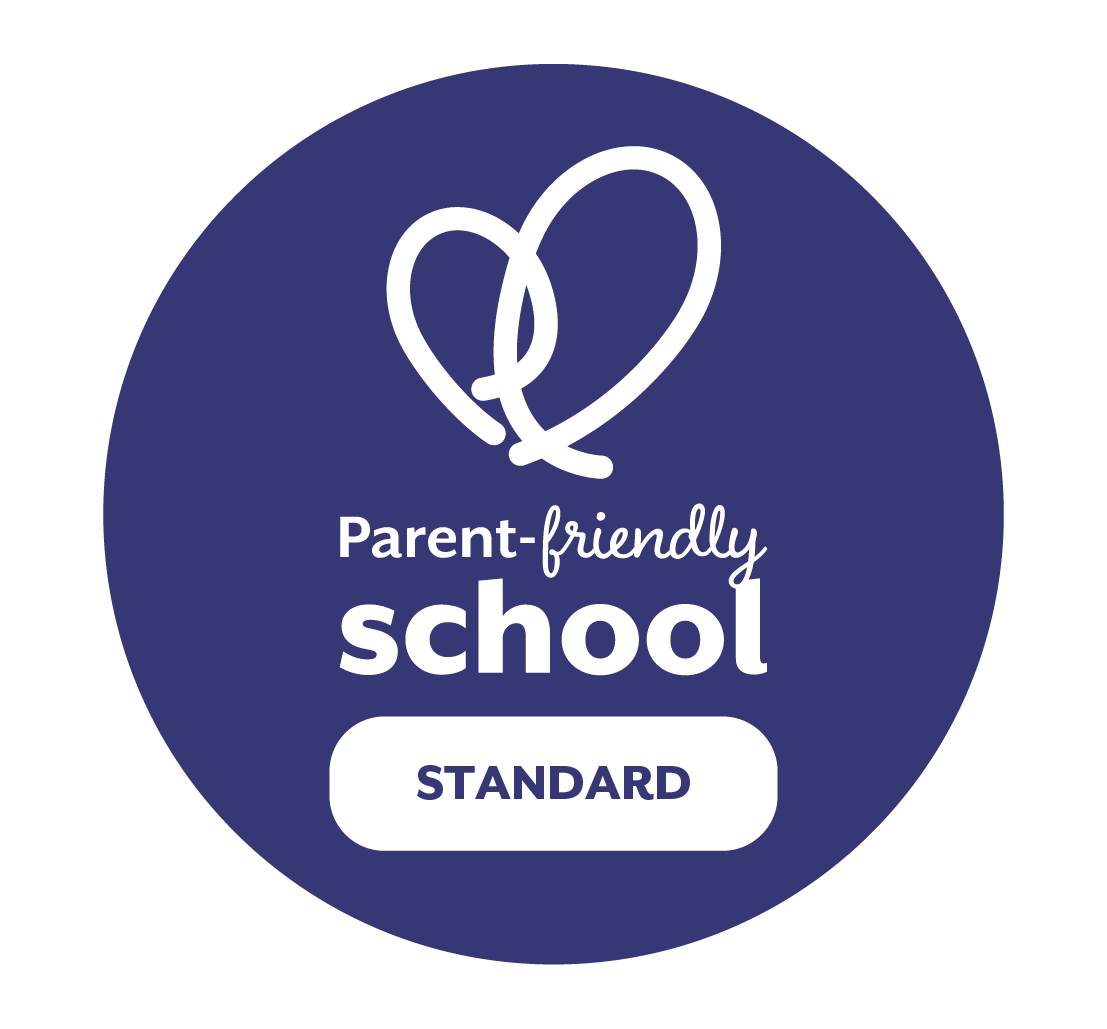Music
Member of staff
Miss L. Ford: Curriculum Lead Performing Arts
Miss K.Lloyd: Teacher of English/Music
Intent
At South Wigston High School, we strive to cultivate confident, accomplished, and passionate musicians across a broad spectrum of musical disciplines. Our inclusive music curriculum aims to ignite a lifelong love of music in every student, while deepening their appreciation of its cultural, historical, and artistic importance. Through music, students explore creativity, self-expression, and teamwork, gaining a powerful tool for communication and connection. Our curriculum supports the development of technical proficiency, musical understanding, and critical listening skills, empowering learners to perform, compose, and evaluate music with confidence.
Our curriculum is underpinned by the school’s core values of Ambition, Determination, and Respect:
Ambition: Learners are encouraged to explore challenging musical concepts and develop technical proficiency across a range of styles and genres.
Determination: Learners are supported to practise diligently, refine their skills, and overcome challenges through resilience.
Respect: Learners develop an appreciation for diverse musical traditions and cultures and learn to collaborate respectfully within ensembles.
The curriculum is carefully structured to build essential skills and knowledge progressively from KS3 through to KS4, ensuring all learners, regardless of prior experience, can access and succeed in music. At KS4, students follow the OCR GCSE Music or Edexcel/Pearson BTEC Music pathways, with clear progression routes and a focus on practical and theoretical excellence.
Implementation
Music is delivered through a sequenced and inclusive programme of study that develops students’ skills in four key learning foci (LFs):
- LF1: Perform with control and expression
- LF2: Compose and develop musical ideas
- LF3: Listen and respond to music with understanding
- LF4: Evaluate and reflect on musical work
Key Stage 3
- Develop foundational instrumental and vocal skills through individual and ensemble work.
- Explore a broad range of musical styles, from classical and traditional to contemporary and popular music.
- Engage in composing and developing musical ideas using acoustic instruments and technology.
- Participate in listening and responding activities to develop a deeper understanding of music.
Assessment is based on the KS3 Music Progress Statements, which follow a four-tier model — Emerging, Advancing, Deepening, and Mastering — providing clear guidance on progress and areas for development.
At Key Stage 4, learners choose to follow OCR GCSE Music or Edexcel/Pearson BTEC Music. Both pathways build on KS3 foundations and develop advanced skills in performing with control and expression, composing creatively, listening critically, and evaluating music in context.
Impact
By the end of Key Stage 3, learners at South Wigston High School will:
- Perform confidently and expressively, demonstrating technical control and stylistic understanding across a diverse range of musical styles and traditions.
- Compose and develop original musical works independently, using a variety of musical techniques and showing increasing creativity and technical skill.
- Listen critically and thoughtfully to a wide repertoire of music, showing secure knowledge of musical elements, historical context, and cultural significance.
- Reflect on and evaluate their own music and that of others constructively, using precise musical language to support ongoing improvement.
Our music curriculum ensures that learners develop strong musical fluency and a passion for music. They leave Key Stage 3 with the ambition to challenge themselves creatively, the discipline to practise and refine their skills, and a deep respect for the diversity of musical traditions. This prepares them for future success in music education and fosters lifelong engagement with music as a vital form of personal and cultural expression.
At Key Stage 4, learners cultivate true independence, unleash their creativity, and sharpen critical thinking through rigorous practical and theoretical study. Many go on to pursue music beyond school, armed not only with strong academic foundations but also with vital transferable skills—such as teamwork, discipline, and communication—that empower their success both inside and beyond the classroom.
Key Stage 3 Progress Statements
ks3 music progress statements .pdf
Your Music Learning Journey though South Wigston








 ↑
↑

